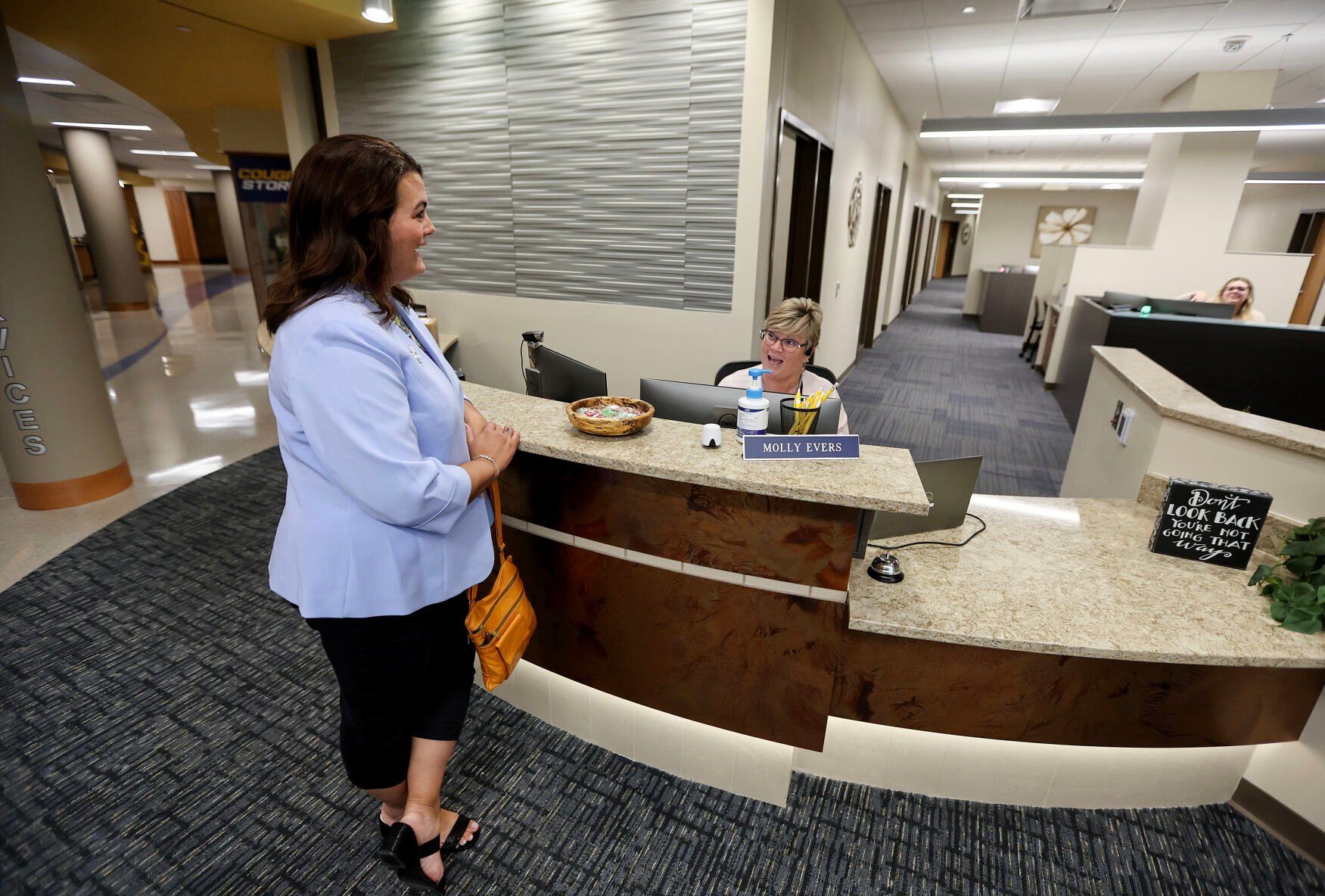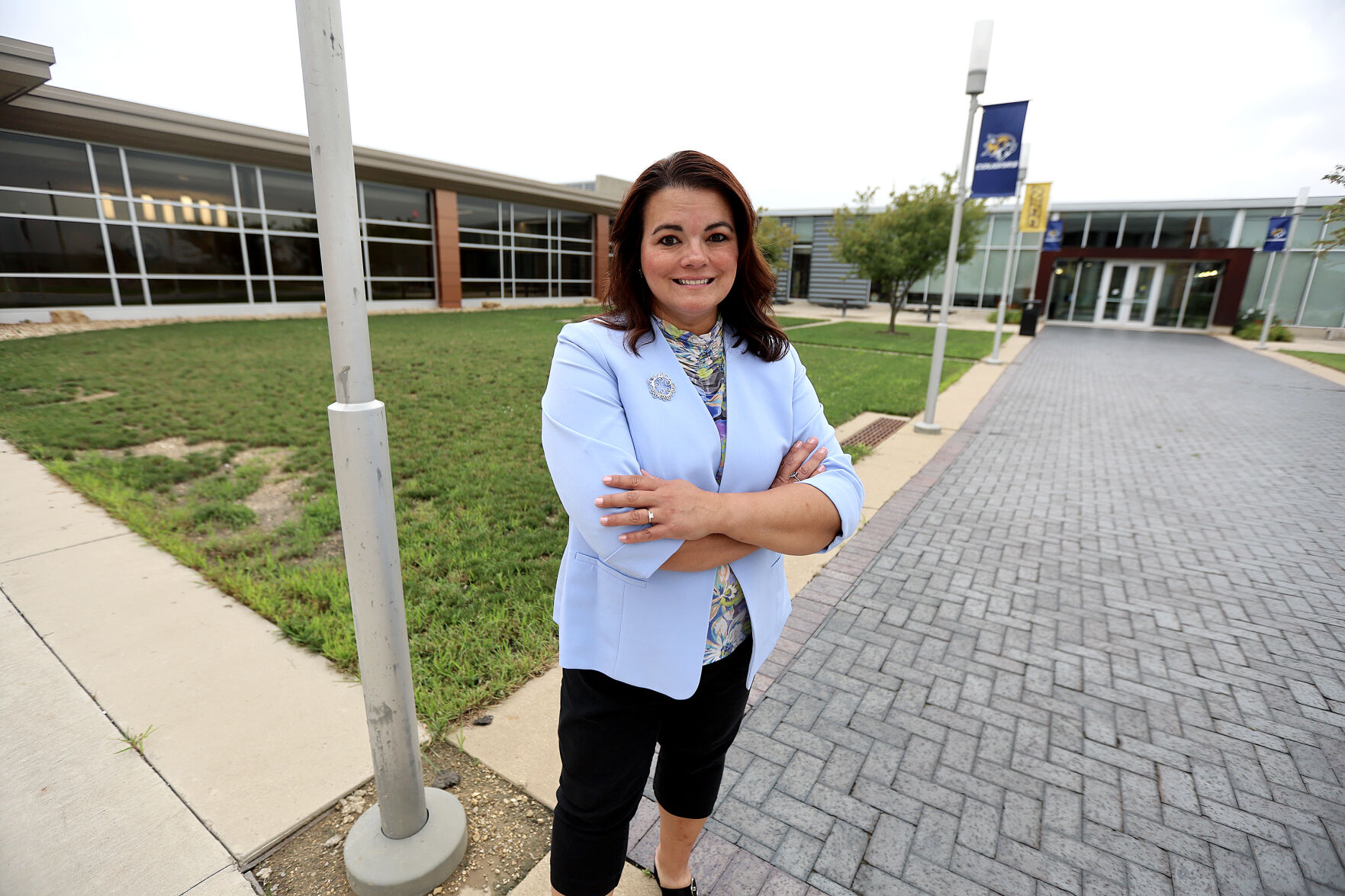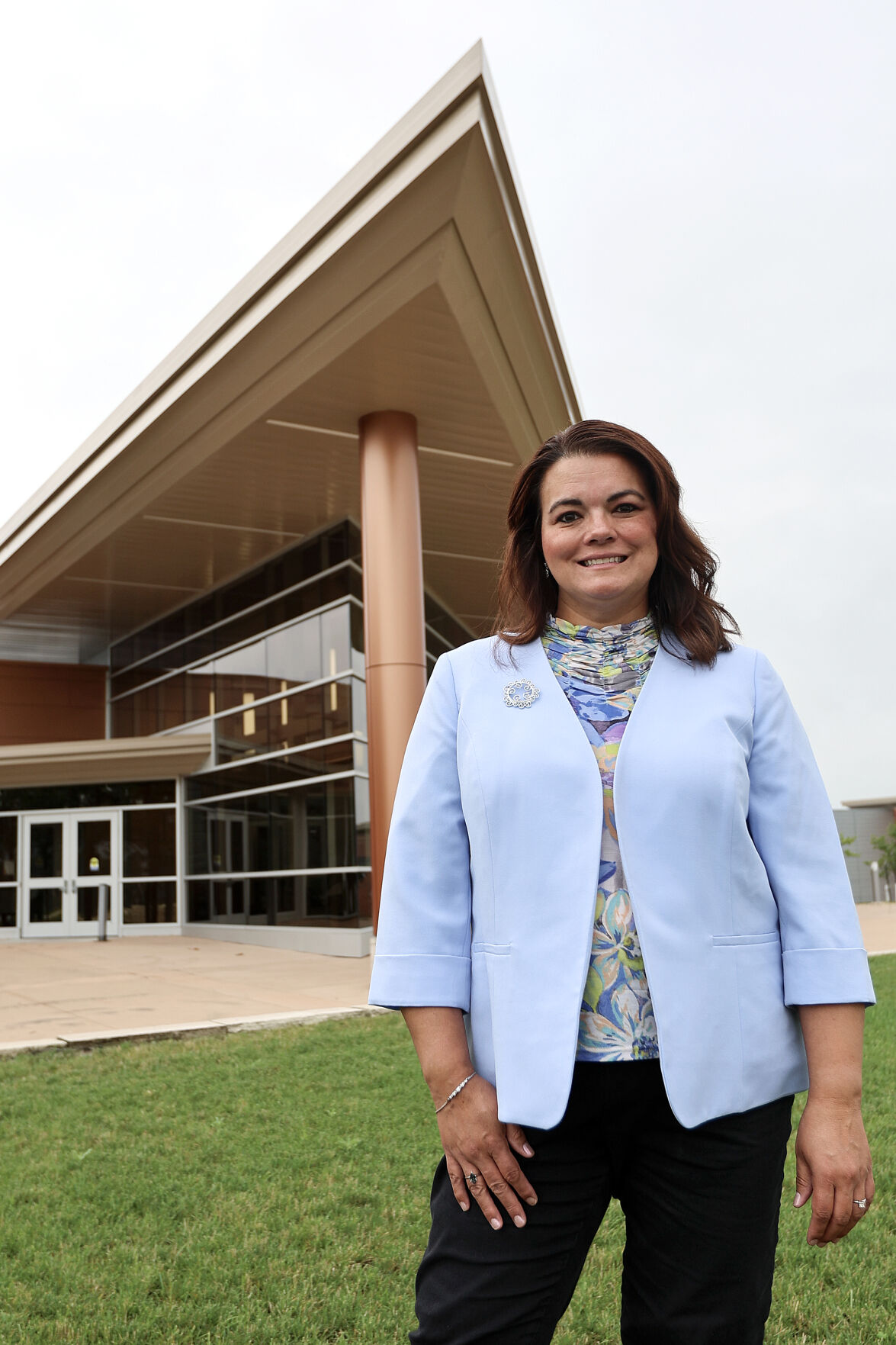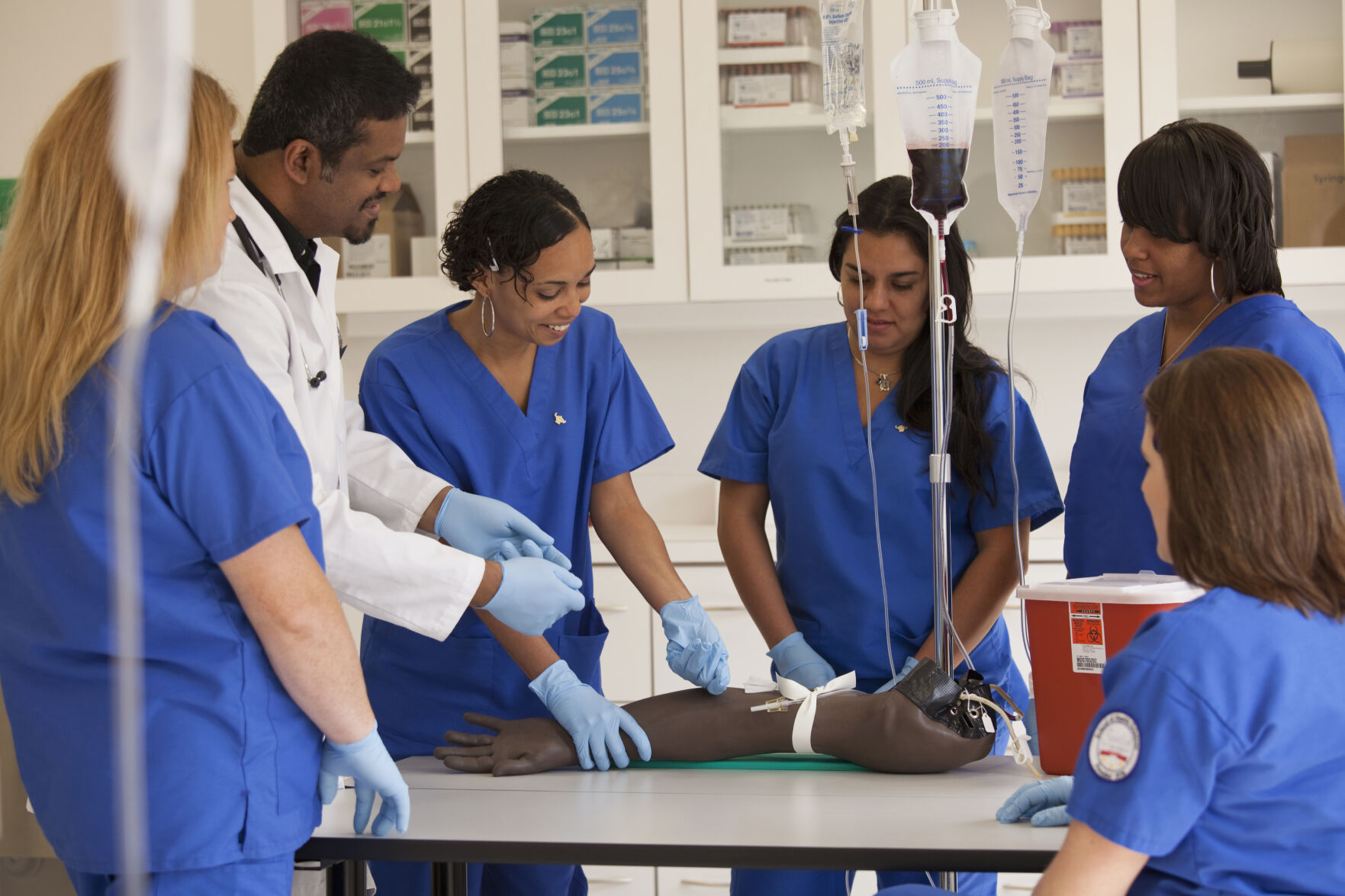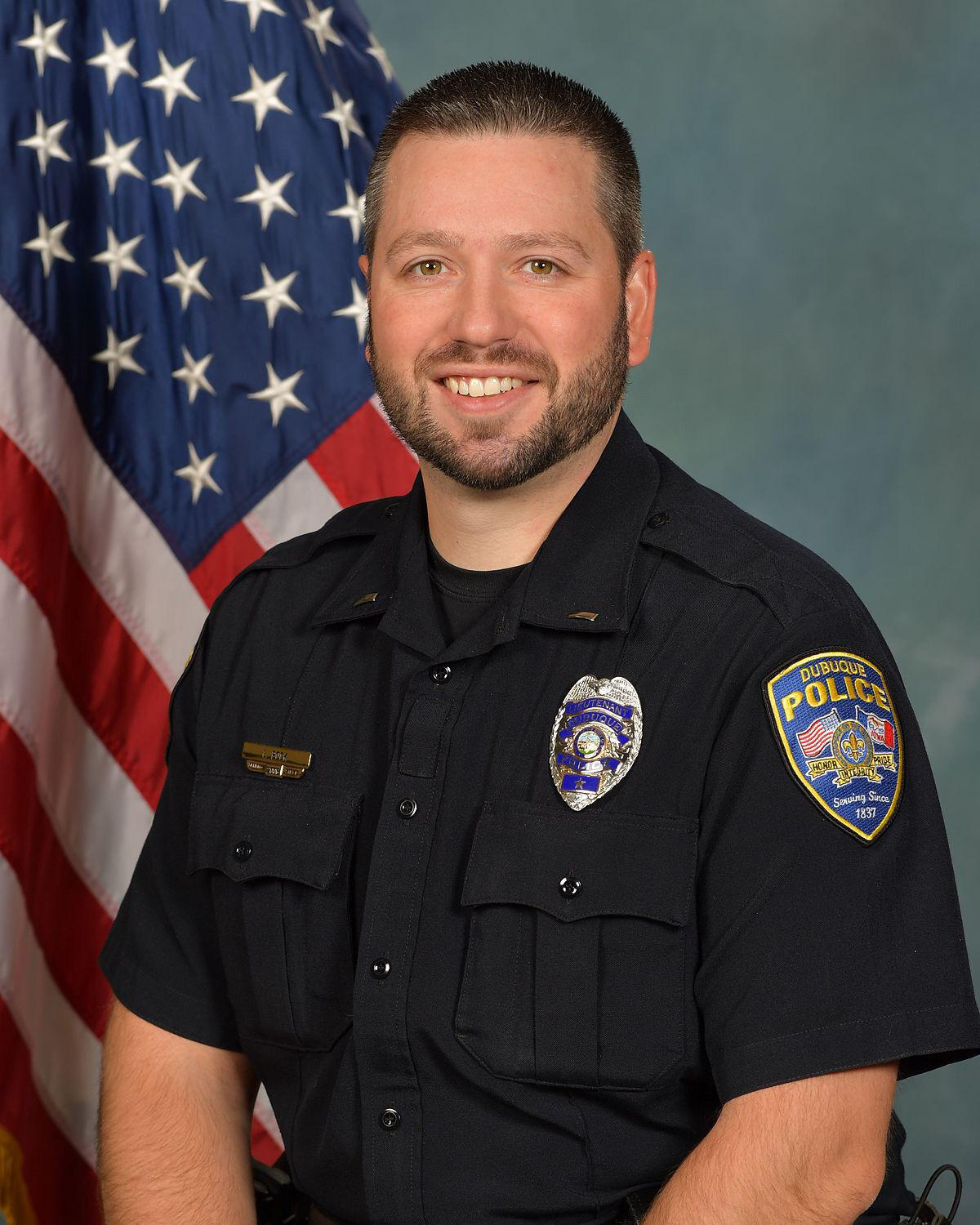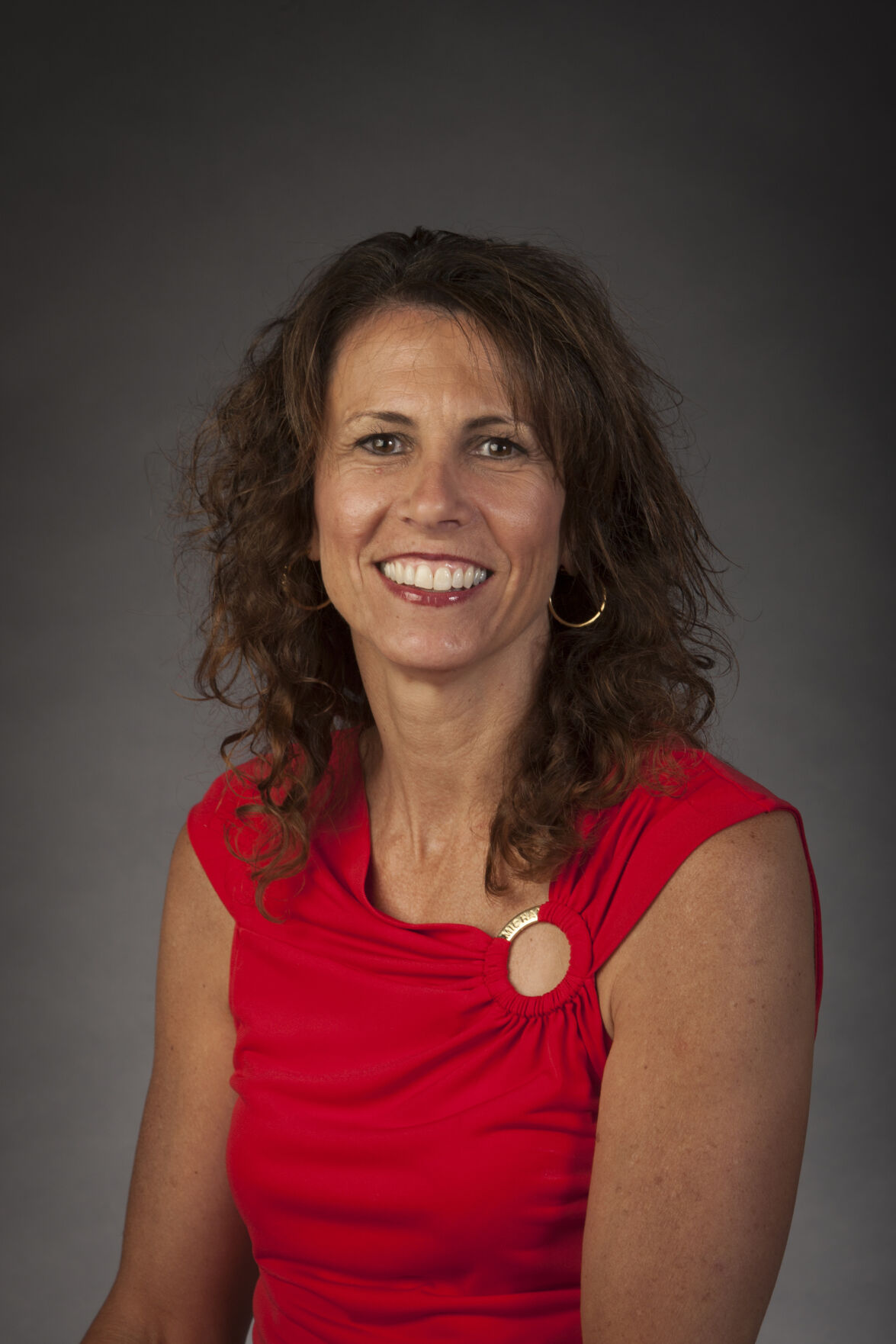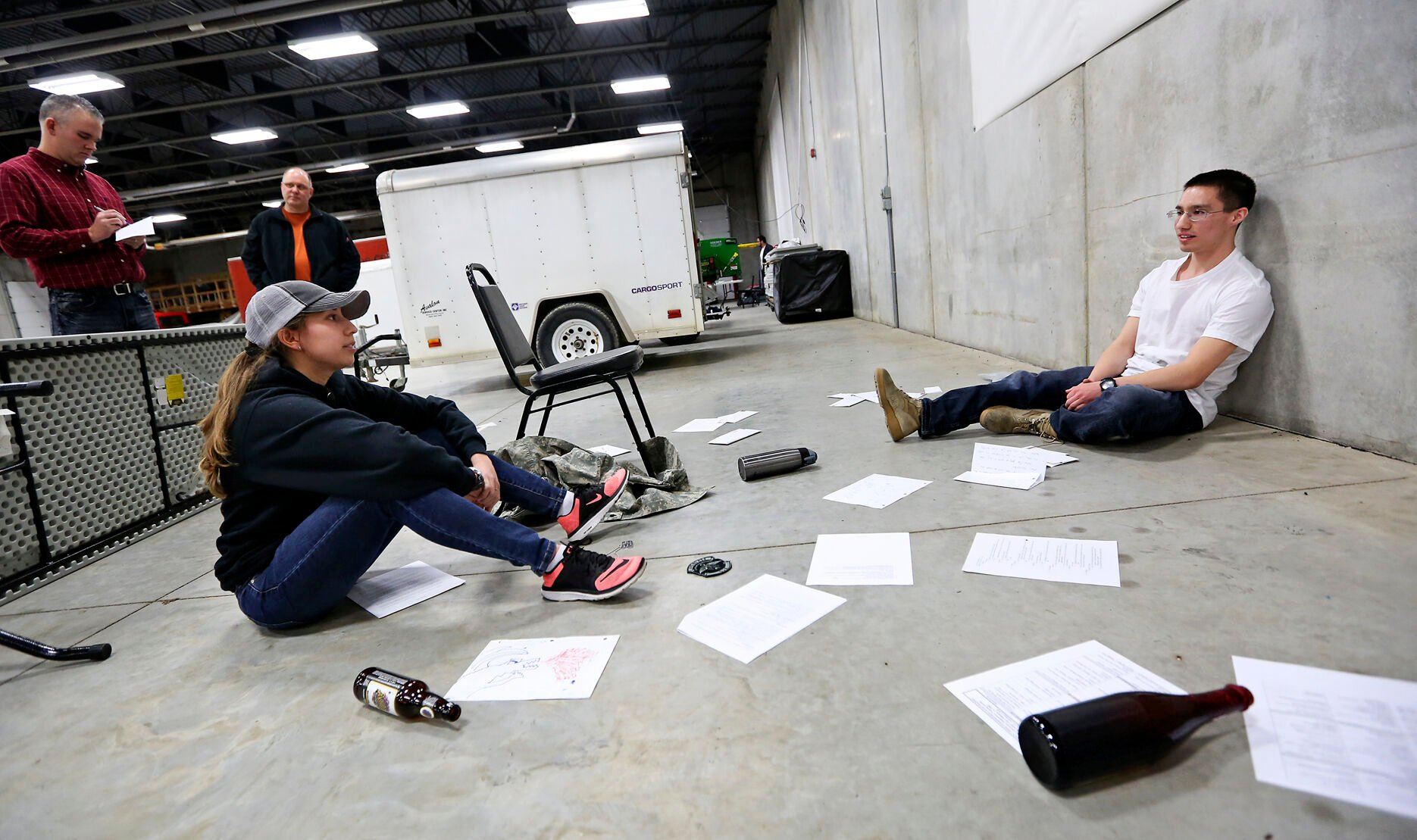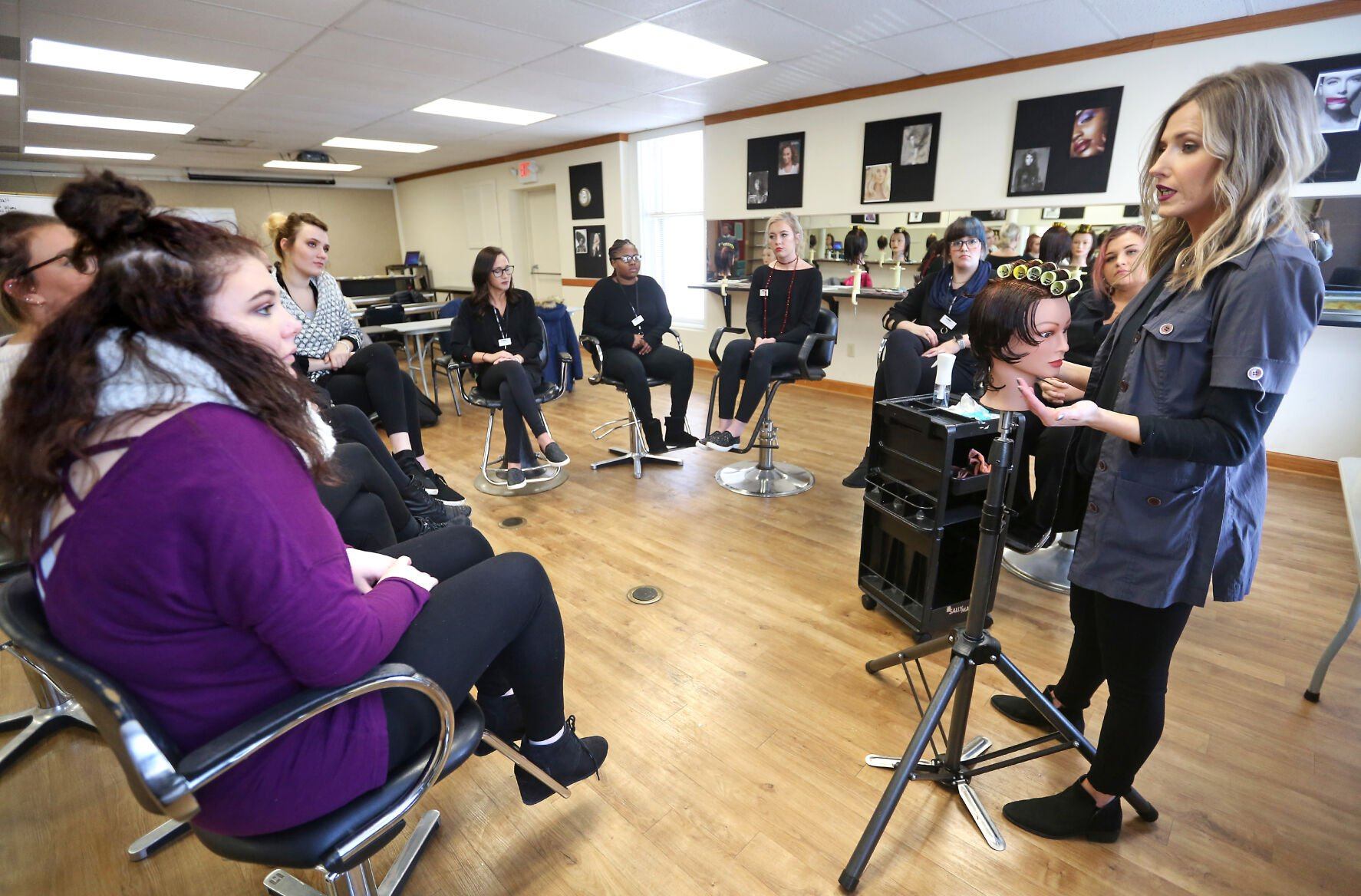When it comes to going back to school, it’s not just kids that reap the benefits. Adults in a variety of professions take continuing education courses, either in-person or virtually, to hone and build new skills, stay up with trends and technology and remain competitive in their respective fields.
Whether the training is required by law or simply suggested by an employer, a bevy of fields in Dubuque utilize in-house classroom settings, local colleges and training centers.
“It doesn’t matter what industry — because we’re seeing it all across the board — about the need to have good leadership skills, communication skills, teamwork but also well-being and mental health,” said Amy A. Lasack, who serves as vice president of business and community solutions at Northeast Iowa Community College.
NICC offers a mix of on-campus learning as well as staff going directly to places of employment.
“I think one of the trends that we’re definitely seeing with training that we provide, is that the old method of sitting in a classroom and just taking in all the information from the teacher in the front of the room for five hours — people’s attention spans and interest levels are definitely not that long anymore,” she said. “So a lot of our trainings are much more hands-on, interactive, because that’s what we’re finding that people enjoy, and if they’re enjoying the training, they learn it better.”
Health and public safety impact fields as diverse as law enforcement and cosmetology.
Dubuque Police Department Lt. Luke Bock said re-certifications and trainings are so vast, the department employs training coordinator Lt. Rick Fullmer to keep track of them.
Bock said that yearly officers need to be recertified in blood-borne pathogens and hazard communications, to meet OSHA standards, plus hazardous materials training every three years.
It is a requirement to have annual training on brain health, as well as annual qualifications on firearms, although the Dubuque Police Department does that twice per year — each spring and fall.
“It’s 20 hours a year of firearms training that officers receive,” Bock said. “The state says you just need to shoot this qualification course with a passing score. They don’t require us to actually have training on it. They say you need to successfully qualify this course. But we choose to have full days of training.”
It is necessary to keep a current licensure on CPR, automated external defibrillator and airway obstruction for kids and adults, as well. In addition, each year officers must take four hours of implicit bias and de-escalation training.
Schooling is a mixture of in-person learning and virtual, Bock said. To become an instructor, that typically requires a trip to the Iowa Law Enforcement Academy.
“We use a program called Police Legal Sciences, and that does a lot of our online training,” Bock said. “Everybody has their own credentials that they log in with. We have monthly trainings in there, and not all the monthly trainings are technically required by law. It’ll get us case law updates specific to Iowa.”
He added that there are 30 instructors in 15 disciplines employed by the department.
“So an officer might be a patrol officer, but he’s also a defensive tactics instructor, or he’s also a firearms instructor or baton instructor or Taser instructor,” Bock said. “In our annual trainings, we’ll incorporate those different disciplines as well.”
The Criminal Investigations Division completes course work on crime scene processing, as well.
“They won’t be necessarily an instructor in it, but they might bring some good information back that gets disseminated throughout that division or that unit,” he said.
Officers that are on tactical teams, rifle teams and mobile field force have even more specialized ongoing education.
“Our crisis intervention team will constantly be looking for best practices,” Bock said. “They went to a conference that involved a lot of training recently, and a few of us went to a technology and policing conference, so you can receive a lot of training at those as well.”
If protocol isn’t followed, it can mean evidence gets suppressed at trial or an entire case gets dismissed.
“The police department has a strong belief that things should be done the right way: High moral standards. We’re a very transparent department,” he said.
The COVID-19 pandemic contributed to an increase in remote learning options, which staff has benefited from, particularly those who work odd hours or long shifts.
“Having it be internet-based, officers are able to do it from their squad cars with this online training,” Bock said. “They can utilize the mobile computer terminal inside their squad car to log in and go through some of their training.”
There are additional trainings once a person reaches the rank of lieutenant and becomes a supervisor. This includes information on employment law, medical conditions in the workplace, leadership training and performance management.
In another field, for cosmetologists and estheticians, Iowa license renewal requires six hours every two years, and two of those hours must be in Iowa law and sanitation, noted Julie Drake, who serves as spa manager and director of quality assurance at Body & Soul Wellness Center & Spa. For massage therapists, Iowa license renewal requires 16 hours, eight of which can be online and at least eight must be in-person.
Jeni Banwarth serves as school director at Capri College, which offers programs in cosmetology, esthetics, nail technology and massage therapy.
“Keeping the public healthy in our environment is a huge concern in our industry. There are a lot of diseases and disorders,” Banwarth said. “I never realized how dirty of a job this can be at times.”
She said the public might believe cosmetology is an easy thing to get into, but the science of the human body adds complexity.
Corinne Hurst, Capri curriculum director, echoed that sentiment.
“They learn everything from chemistry and electricity, anatomy, physiology and then getting into skin diseases and disorders,” she said. “Sanitation, disinfection and basic skills. Fundamentals. It’s more than usually what they’re expecting, and more that they’re going to learn and get out of the program than what they ever thought.”
Hurst attends national conferences on styles, techniques and trends for education inspiration.
“I take what I learned and come back and spend a few months developing my classes,” she said. “I’ve been teaching continuing education for probably the last 10 years here at Capri.”
Every February, she leads a group of roughly 50 to 80 participants. She’ll discuss color, blonding, cutting, styling for special occasions and more.
“What I try to teach is what the industry is saying is going to be the trends,” Hurst said.
With the current low unemployment rates, Lasack said finding a job is relatively easy. Keeping the job can be harder due to the rise of artificial intelligence and remote work challenges. Layoffs at some major employers over the past few months might mean those workers have to scramble to cultivate new skills.
“I think one of the things that gets overlooked sometimes is that learning is a lifelong skill,” Lasack said. “Certainly, you’re going to invest in yourself when you’re going through high school and college or trade school, and then you get the job that you’re looking for. But technologies change so quickly. Expectations at work have changed. So continuing your education in all of these different areas is going to be critical as things change in the economy or in the environment, you’re going to want to make sure you have those skill sets necessary so that you can succeed when those variables change.”


